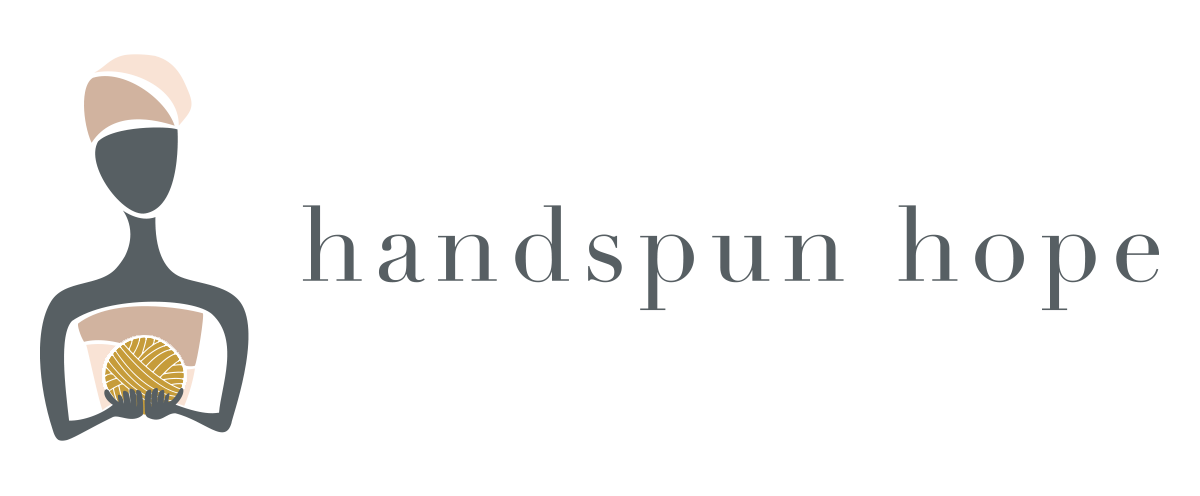The Impact of April 7th: Remembering and Working to Heal
Each year beginning on April 7, Rwanda enters a 100-day remembrance period for approximately one million Rwandans—mostly Tutsi, but also Hutu and Twa—who were killed in less than three months during the 1994 Genocide against the Tutsi.
This year marks the 28th anniversary of what was, without question, one of the most horrific moments in human history. During the remembrance period, or Kwibuka, normal life grinds to a halt. During designated times, businesses and schools close, and Rwandans are required to attend various commemoration ceremonies—to remember what took place in 1994.
While the goal of the remembrance period is to promote reconciliation and unity among the people of Rwanda, for those who lived through the atrocities of 1994, the period can be profoundly triggering. Routines are upended and the world focuses on remembering the trauma, and for many this means reliving the pain.
But the traumatic effects of this genocide are not limited to those who survived 28 years ago. There is an entire generation of Rwandans raised by survivors who’ve not had the opportunity to process all they endured and experienced, and the cycle of unresolved pain is passed on.
This is why counseling has been such an integral part of Handspun Hope for so long. It’s what we mean when we talk about holistic healing. Every person employed by Handspun Hope has access to counseling with our staff of counselors, including a Rwandan psychologist. The women working at our center participate in individual and group counseling sessions where they are allowed to share their feelings and experiences. Many of the women in our employ experienced unimaginable trauma during the genocide. Others are among those who have been raised by survivors who never dealt with their trauma and developed unhealthy coping strategies.
We have been offering counseling as part of our ministry for nine years, and the impact it has had on the people we employ has been profound.
When we saw the transformative power counseling had on those working for Handspun Hope, we knew we had to expand the program. In 2014, we began offering a free lay counselor training program to leaders in nearby communities—doctors, teachers, pastors, and other leaders—so they could learn from our psychologists and offer counseling services in their own communities.
And we’ve recently completed construction on the Will Barnhill Center of Hope, a new counseling building which will allow us to certify more lay leaders and where we will expand our counseling services to include treating those with alcohol and drug abuse disorders and behavioral addictions.
Not long ago, we interviewed Mary Claire, who is a member of our counseling staff, and asked her about what benefits she’s seen in the women who receive counseling (click here to read the full interview with Mary Claire). This was her response:
“I find hope in the transformation of the ladies when I hear the difference between their original testimonies and those they give after receiving counseling. I am hopeful seeing women who have thought of taking their own lives take back that life and build income generating businesses. I am hopeful when I hear testimonies from our trained lay counselors [...] concerning the fruit that comes from their work in our surrounding communities. And I am hopeful when families are reunited after long-time hatred and abandonment issues, and when other family conflicts are resolved.”
“I am hopeful seeing women who have thought of taking their own lives take back that life…”
We found these words so powerful: the idea that the women of Handspun Hope feel they are taking their lives back through counseling and healing. That they refuse to be defined by the trauma they and / or their families endured.
The 1994 Genocide against the Tutsi is part of their story…but it is not the end of their story. We are committed to continuing the expansion of our counseling program so this much-needed service can reach further into the community.
To those of you who have supported our counseling services with your donations and prayers, we thank you from the bottom of our hearts.
Your partnership and support further the reach of the counseling program as we help people write their next chapter, beyond remembering and toward healing.



